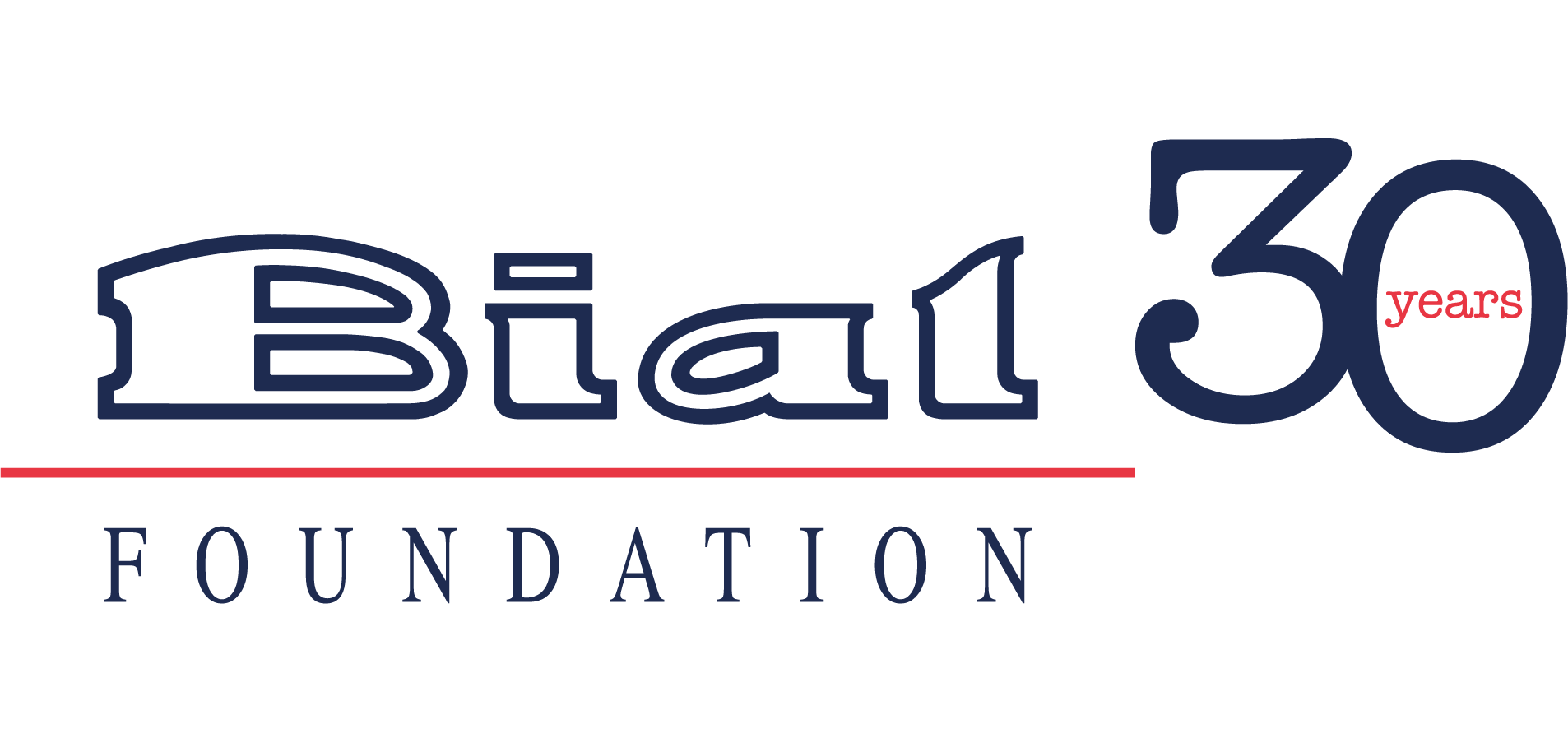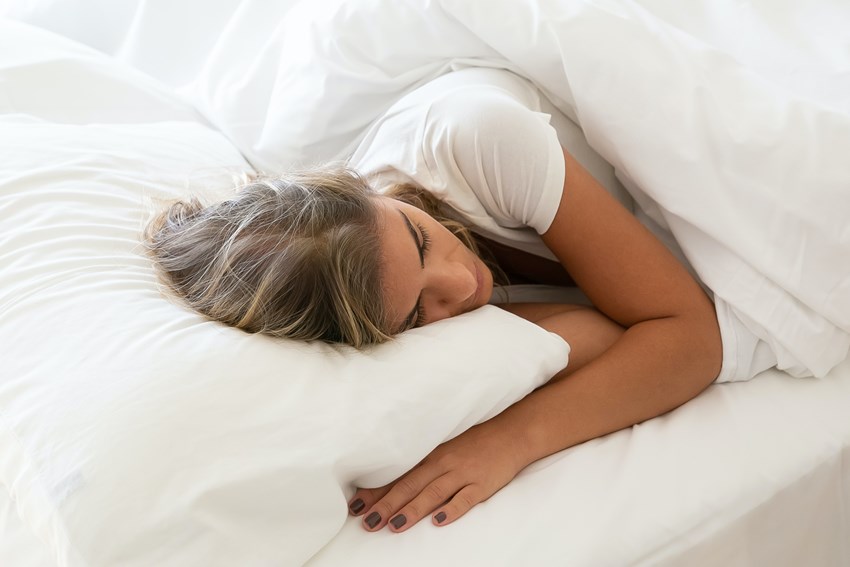Study reveals that there are no relevant differences between dream recall in young adults and in the elderly. Despite the general decline in the frequency of dream recall usually reported in the elderly, researchers have shown that both age groups have the same sleep pattern during REM sleep, the phase in which dreams most often occur.
In the paper “Spotlight on dream recall: the ages of dreams”, published in the journal Nature and Science of Sleep, researchers from the University of Sapienza analysed several studies on dreams in infancy, adulthood, and the elderly stage of life, and found that the age group of the elderly demonstrates a diminished interest in the dream, which appears to cause a drop in dream recall rates. Although empirical evidence is not yet available, an alternative hypothesis associates this reduction in dream recall to age-related cognitive decline and long-term memory deterioration.
In a review of literature, the researchers particularly identified a global gap in research on dream recall, particularly in infancy and old age. In this context, Serena Scarpelli led a research project, supported by the BIAL Foundation, on the neural mechanisms of dream recall in the elderly. The aim was to investigate whether specific patterns of brain electrical activity revealed by electroencephalograms during sleep in older adults predict subsequent dream recall.
A sample of 40 healthy elderly people and 40 young adults was evaluated using polysomnography, a sleep study that assesses parameters such as brain, muscle and heart electrical activity, breathing, blood oxygenation or body position. Dream recall was collected at morning awakening in both groups.
The results surprised the research team. “Contrary to what we expected, the sleep monitoring of older adults and young people showed the same pattern during REM sleep, which enables dream recall”, reveals Serena Scarpelli. Another result worth noting is that, during sleep, the brain mechanisms that predict remembering dreams are the same as previous studies have found in relation to memory performance during the waking state.
And does good memory performance during wakefulness in the elderly mean successful dream recall and vice versa? Scarpelli says that the present study does not yet allow for this extrapolation, but she believes that further studies aiming to collect dream-sleep measures and test memory performance during wakefulness in the same subjects could help to clarify this issue.
In addition to Serena Scarpelli, the research team included Anastasia Mangiaruga, Chiara Bartolacci and Luigi De Gennaro, from the Department of Psychology at Sapienza University, Rome, Italy.
Learn more about the “Neural mechanisms of dream recall: Electrophysiological differences between young and older adults” here.






































